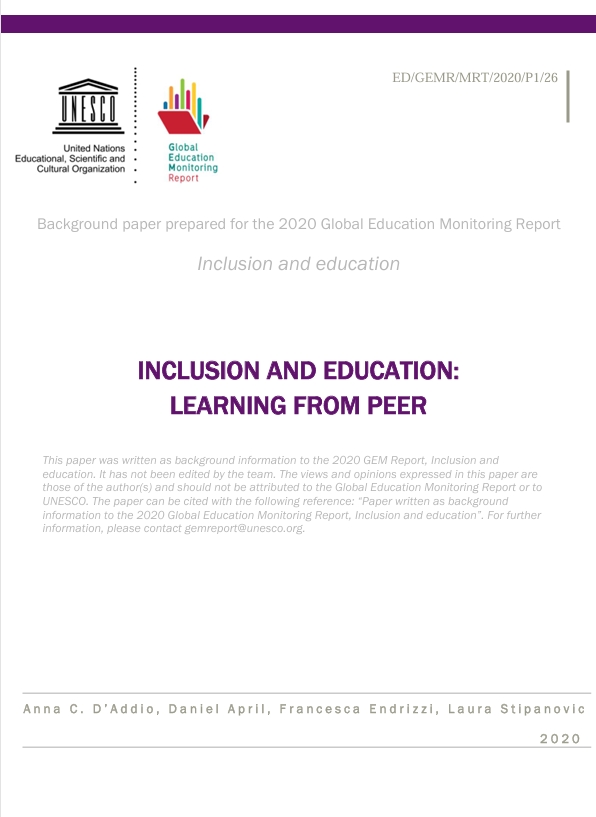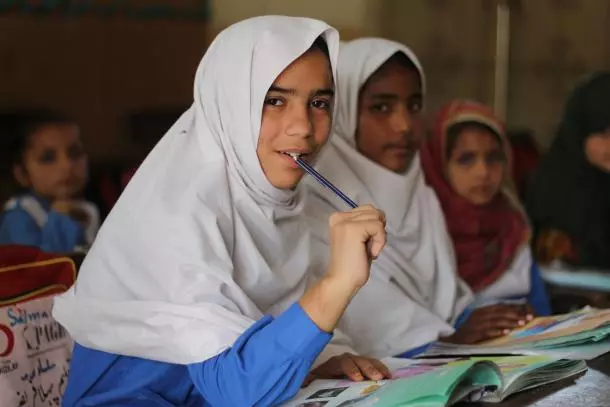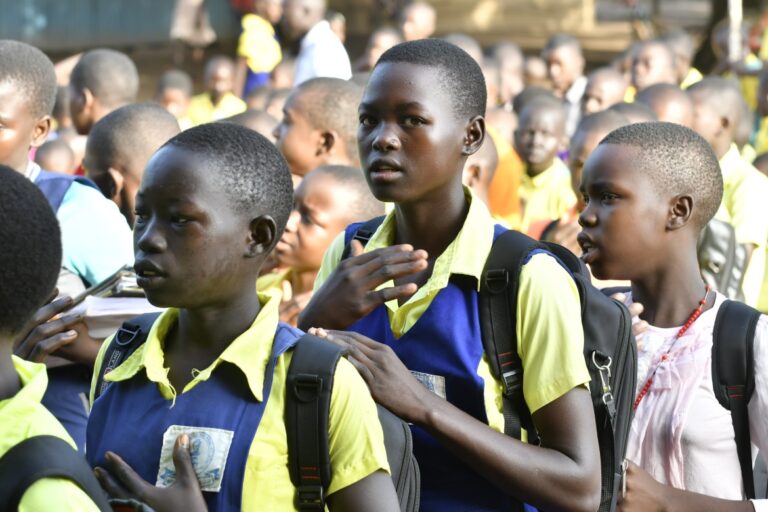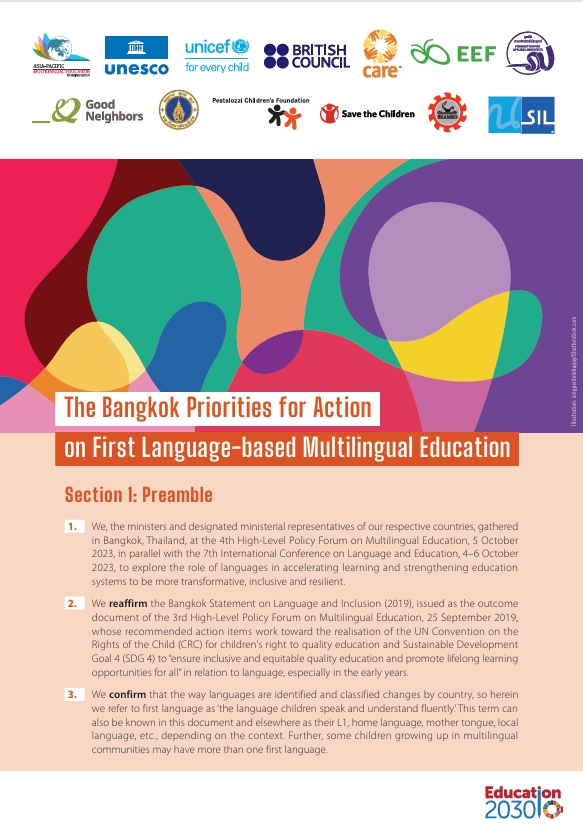Overview
Key Themes:
Contextual Challenges:
Educational Policies and Frameworks:
- The report examines various policies and frameworks adopted by countries in the Global South to promote sustainability in education.
- It emphasizes the need for policies that are tailored to local contexts and that address both global and local sustainability issues.
Case Studies and Examples:
- The document provides case studies from different countries in the Global South that showcase successful practices and innovative approaches to integrating sustainability into education.
- These examples illustrate how local contexts influence the implementation and outcomes of sustainability-focused educational programs.
Pedagogical Approaches:
- It discusses pedagogical approaches that are effective in the Global South, including community-based learning, experiential education, and the use of indigenous knowledge.
- The emphasis is on approaches that engage students actively and connect educational content with real-world sustainability challenges.
Recommendations:
- Policy Development: Advocates for the development of education policies that explicitly incorporate sustainability and are adaptable to local needs.
- Resource Allocation: Suggests increased investment in educational resources and infrastructure to support sustainability education.
- Capacity Building: Recommends strengthening the capacity of educators through training and professional development to effectively teach sustainability.
Future Directions:
- The report calls for ongoing research and dialogue to better understand and address the specific needs and contexts of sustainability education in the Global South.
This summary provides a comprehensive overview of the key points and recommendations from the UNESCO document on sustainability and education in the Global South.






